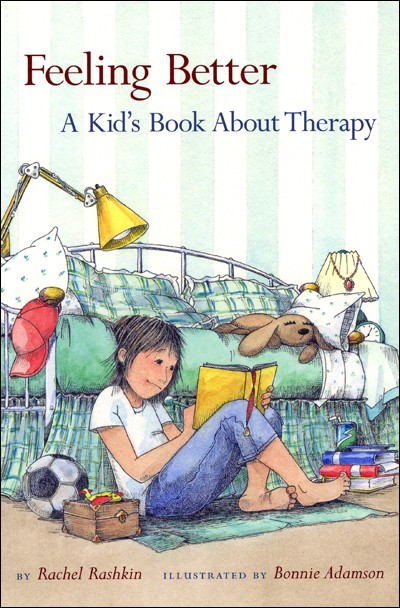10 Steps and Considerations When Talking To Your Child About Therapy
- Create a calm safe space to talk to your child about therapy.
- Regulate your emotions as a parent. Stay calm and use a neutral voice.
- Use language appropriate for their developmental age.
- Ask them what they have heard about therapy or what they already know.
- Talk to them about the differences between a doctor and a therapist. In simple terms, therapists are trained to help people understand their feelings or emotions and how these are connected to their thoughts. Therapists are trained to help with all kinds of problems and work with individuals to learn new ways of interacting with others (ie., family conflict, school problems, bullying, health problems, etc.). The best news is feelings doctors don’t give shots.
- Introduce therapy with examples:
- Talking. Talking is a healthy way to express feelings and gain understanding. “You can talk about whatever you would like, happy things, sad things, bad things, or things you worry about.”
- Doing activities. Therapists use activities to teach about feelings, mindfulness, and calming or coping skills. These activities can include art, games, sandboxes, toys, books, music, and lots of other fun stuff.
- Learn/Practice new skills. The activities help kids learn new skills and then practice what they learn. They might play games where kids need to wait their turn, use self-control, be patient, follow directions, listen, share, try again, deal with losing or to process big feelings.
- Solve problems. Therapists work with kids and teens to identify struggles and then talk over how to solve these problems.
- Assure them that they are safe, and that therapy is private. Express to them that this is only a tool for healthy growth and learning, not a punishment.
- Let them know that Therapy isn’t just for problems, or when something goes wrong. It can help with everyday mental health and is something individuals can utilize to balance their well-being now and for the rest of their life.
- Destigmatize therapy in your home.
- Be considerate of your child’s feelings and ask them if they have any questions or concerns about going to therapy.
Possible resource – available for checkout in our St. George Office:
